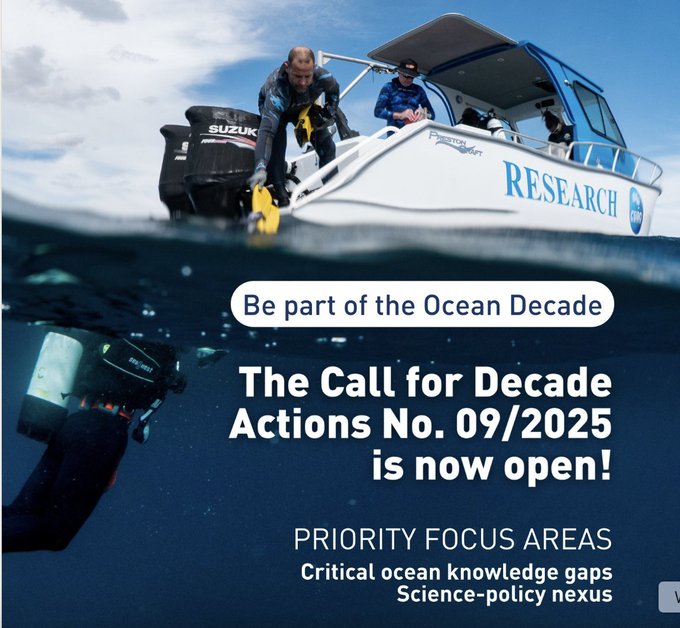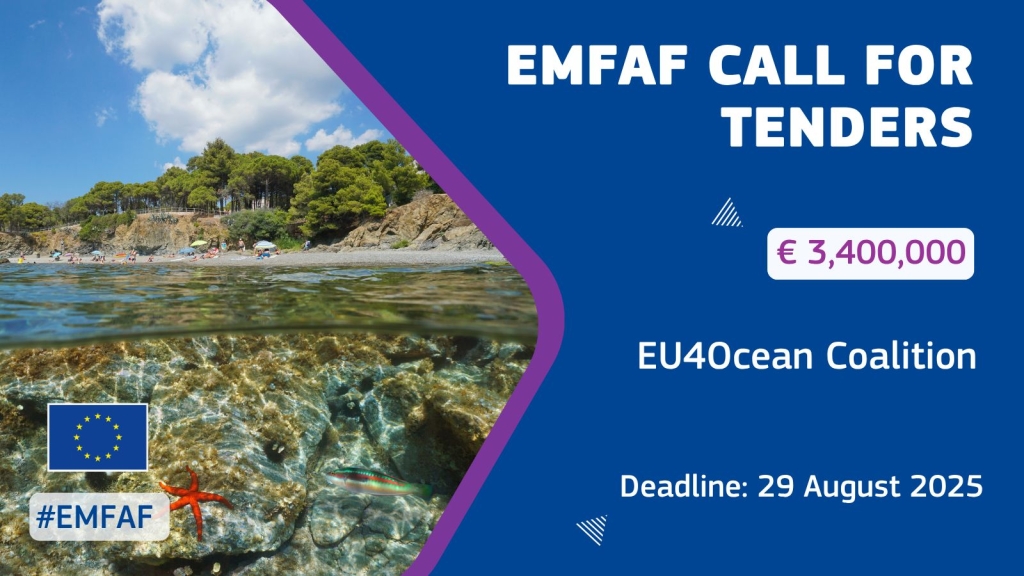
The UN Ocean Decade – officially the Decade of Ocean Science for Sustainable Development (2021–2030), is a global movement with the vision to ‘generate the science we need, for the ocean we want’
Ocean Decade Actions are the concrete initiatives carried out across the globe to fulfill this Ocean Decade vision. They tackle one or more of the 10 critical Ocean Decade Challenges that have been identified.
These Decade Actions are led by a wide range of stakeholders including, but not limited to, research institutes, governments, UN entities, intergovernmental organizations and other international and regional organizations, business and industry, philanthropic and corporate foundations, non-governmental organizations, educators, community groups or individuals (e.g. via community-led science initiatives).
Through its recurring Calls for Decade Actions, the initiative invites projects, programmes, and contributions that tackle these ocean challenges, to be endorsed and labelled as an official Ocean Decade Action.
The Call for Decade Actions No. 09/2025 is the latest opportunity to join this global effort. It welcomes:
- Programmes: Large-scale, multi-year initiatives aligned with Ocean Decade priorities.
- Projects: Targeted efforts that contribute to endorsed programmes.
- Contributions: Financial or in-kind support to the Decade ecosystem.
The call is applicable to all sea basins.
Why Apply?
Being endorsed as an Ocean Decade Action by the United Nations is more than just a badge of honor—it’s a gateway to global collaboration, visibility, and impact.
Here’s what it unlocks:
- Global Recognition: Your initiative becomes part of a UN-endorsed movement, signaling credibility and alignment with international sustainability goals.
- Access to a Global Network: Join a vibrant community of scientists, policymakers, NGOs, and innovators working across disciplines and borders.
- Increased Visibility: Endorsed Actions are promoted through the Ocean Decade website, events, and global communications—boosting your project’s reach and influence.
- Strategic Partnerships: The endorsement opens doors to collaboration with other Decade Actions, UN agencies, and funding bodies.
- Policy Impact: Your work contributes directly to the 10 Ocean Decade Challenges, helping shape ocean governance and sustainable development.
- Enhanced Funding Potential: While endorsement doesn’t guarantee funding, it strengthens your case with donors and investors by demonstrating alignment with a high-profile global initiative.
For more information visit the call website (part II Ocean Decade Projects) or fill out the Request for Endorsement Project Application’ form
Deadline to apply: 31 August 2025


 A new EMFAF call for tenders is open!
A new EMFAF call for tenders is open!